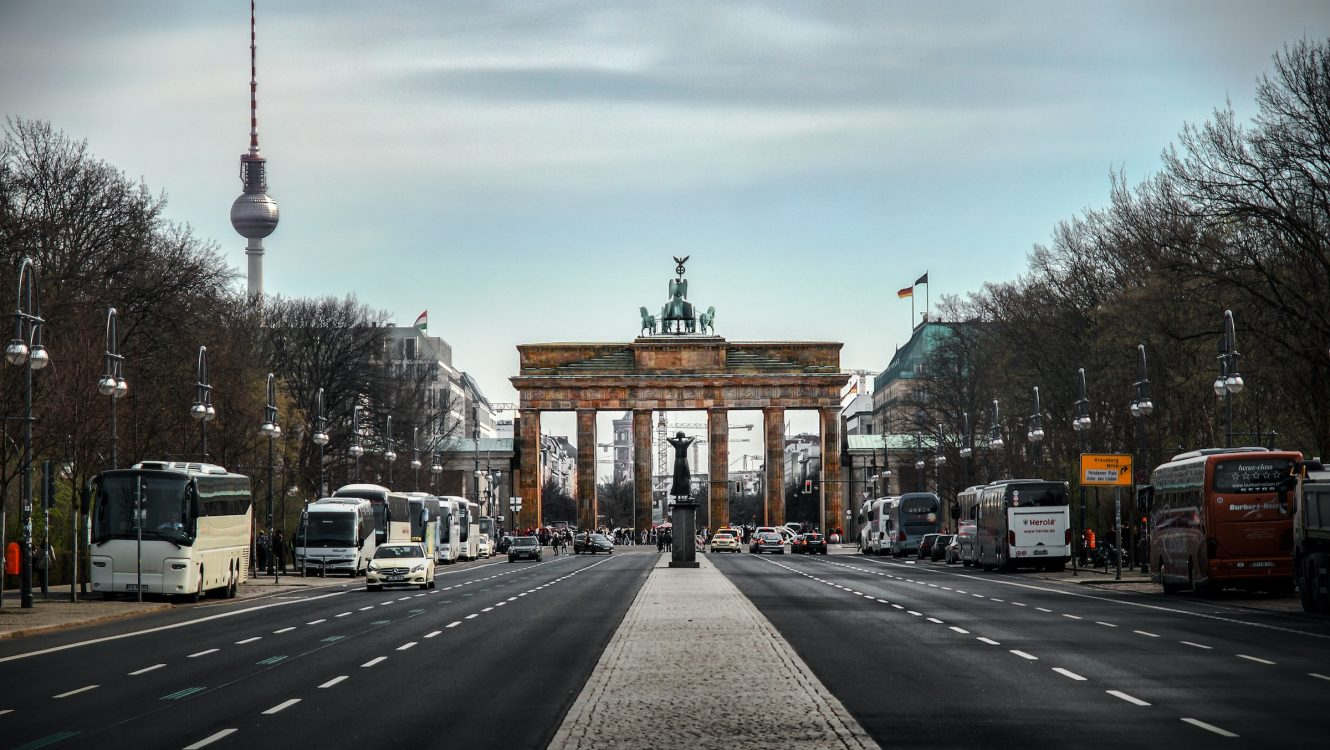Drivers for a Greener Germany: Surrender the Steering Wheel for Free Transit
In an unprecedented move, several German cities have put forth a tantalizing proposition for motorists—trade your driver’s license for unlimited access to public transport. At the crossroads of environmental protection and mobility, the initiative aims to curb greenhouse gas emissions, reduce traffic congestion, and promote eco-friendly means of commuting. Here’s an in-depth look at this groundbreaking initiative.
The Deutschlandticket Revolution
Launched in April this year, the Deutschlandticket is being heralded as the “biggest public transport reform in German history”. Priced at €49 per month, it offers unrestricted travel on all local and regional public transit systems. The response has been overwhelming. Since its inception, more than three million Germans have jumped on the bandwagon, purchasing the pass and making it an everyday essential for commuting.
The genesis of this ticket can be traced back to the €9-per-month pass piloted the previous summer. The remarkable success of this venture, which reduced a staggering 1.8 million tonnes of carbon emissions over a span of just three months, solidified the case for the Deutschlandticket. But the German authorities didn’t stop there.
Driving License: An Exchangeable Asset
Germany’s newest gambit in its green transport strategy is to persuade drivers to relinquish their driving licenses in exchange for the Deutschlandticket. The specifics of the offer hinge on the region, as local authorities dictate the terms of the exchange. Here’s a breakdown of some of the cities and the offers they’re extending to residents:
- Dortmund, North Rhine-Westphalia: Drivers willing to go car-free will be rewarded with a two-month Deutschlandticket. The city views this gesture as a token of gratitude for taking a step towards sustainable transportation.
- Leverkusen, North Rhine-Westphalia: Targeting senior citizens, Leverkusen provides those over 75 with a complimentary one-year Deutschlandticket subscription when they forsake their driving rights.
- Bonn, North Rhine-Westphalia: Not far from Leverkusen, Bonn restricts its offer to those aged 60 and above, offering a free Deutschlandticket or an ‘Aktiv60’ ticket that spans six months.
- Ennepe-Ruhr-Kreis, North Rhine-Westphalia: Out of 130 applicants, 20 lucky residents were randomly chosen to enjoy a year of free travel via the Deutschlandticket.
- Lübeck, Schleswig-Holstein: The stakes are higher here. Surrender your license in Lübeck, and you’re committed for life. In return, you receive a full year of gratis travel with the Deutschlandticket.
Global Leaders in Green Transit
Germany’s proactive approach solidifies its place as a global frontrunner in public transport infrastructure. In a study by Greenpeace spanning 30 European nations, Germany, alongside Luxembourg, Malta, Austria, Cyprus, and Spain, was recognized for its sterling efforts in offering user-friendly ticketing systems and attractive discounts.
Luxembourg went a step further in its green initiatives, becoming the world’s first nation to abolish fares on all public transit in 2020.

Developed public transportation infrastructure is a guarantee of clean air
Conclusion
As the world grapples with the pressing challenges of climate change, initiatives like the Deutschlandticket and the license-exchange program underscore the importance of reimagining transportation. By offering citizens a robust public transport system and incentives to reduce their carbon footprint, Germany is setting a benchmark for other nations to emulate.
In an era where personal vehicles have been symbols of freedom and convenience, the question now is, are residents willing to part with their licenses for a greener tomorrow? Only time will tell, but if early indications are anything to go by, the winds of change are already blowing across the autobahn.
©globalgreenhouse.eu


